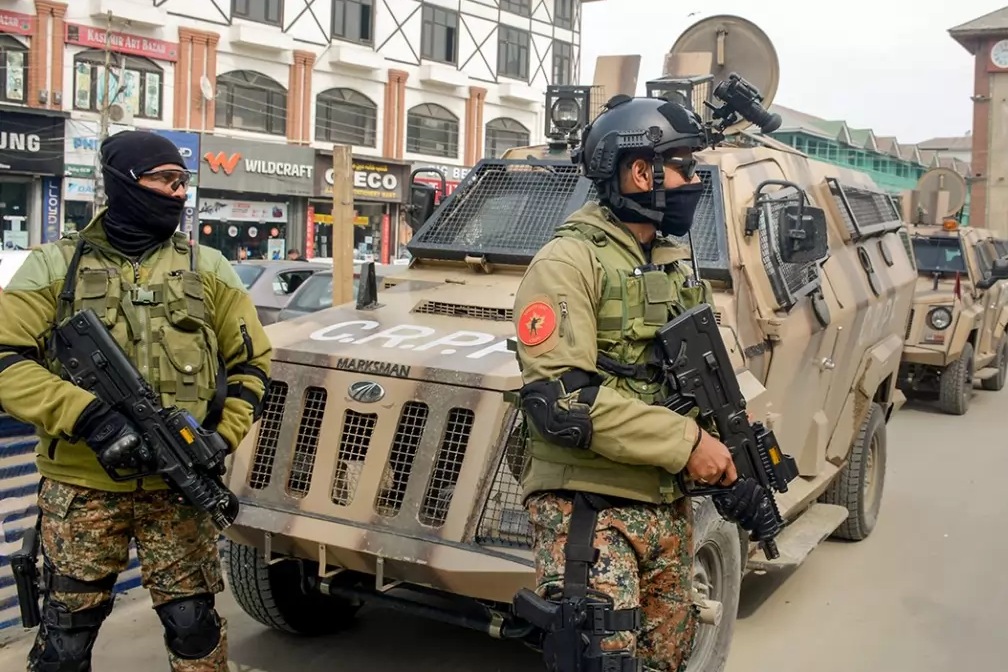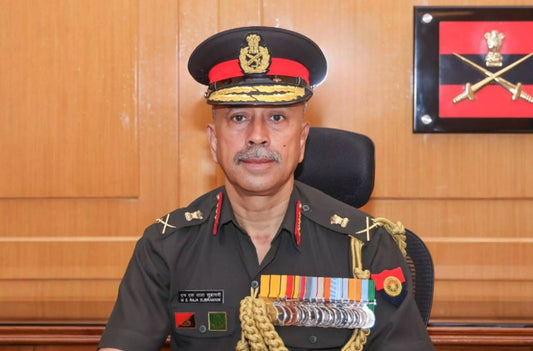Centre Reassigns 3 CRPF Battalions to Strengthen Jammu's Counter-Terror Grid

The central government has commanded the deployment of three battalions of the Central Reserve Police Force (CRPF) in the Jammu region, as part of a significant restructuring to bolster the counter-terrorism measures, as confirmed by official sources on Thursday.
The CRPF battalions will assume roles previously managed by the Rashtriya Rifles (RR) of the Indian Army in Udhampur and Kathua districts. Meanwhile, Army units will be redirected to focus on reinforcing security along the Line of Control (LoC) with Pakistan and the Line of Actual Control (LAC) with China.
Part of a New Security Blueprint
Officials have outlined that this decision is part of a broader security plan, which involves transferring control of hinterland areas to forces under the Union Home Ministry. This shift is intended to enable the Army to concentrate on its primary duty of border defense.
Each CRPF battalion will consist of approximately 800 personnel. The three battalions selected for this mission have been chosen based on their proven expertise in counter-insurgency and counter-terrorism operations. These units are being outfitted with modern weapons, secure communication systems, and armored vehicles, according to the sources.
Upon completion of the deployment in Udhampur and Kathua, it is anticipated that additional districts, including certain areas of the Kashmir Valley, will also transition to CRPF oversight.
Army Infrastructure to be Utilised
The CRPF is set to operate from existing Army facilities and resources, ensuring a seamless transfer and ongoing security operations.
In recent years, security in the Jammu region has been prioritized due to numerous terror attacks and heightened militant activity in its forested areas. Of the 2,289 km India-Pakistan International Border (IB), around 485 km is located in Jammu, along with a segment of the LoC, making the area strategically crucial.
Post-Article 370 Security Shift
The government has been developing this new security framework for nearly two years, as stated by officials. This plan emerges in the wake of the "improved ground situation" following the abrogation of Article 370 in August 2019, which revoked Jammu and Kashmir’s special status and facilitated direct governance by the central government.



















